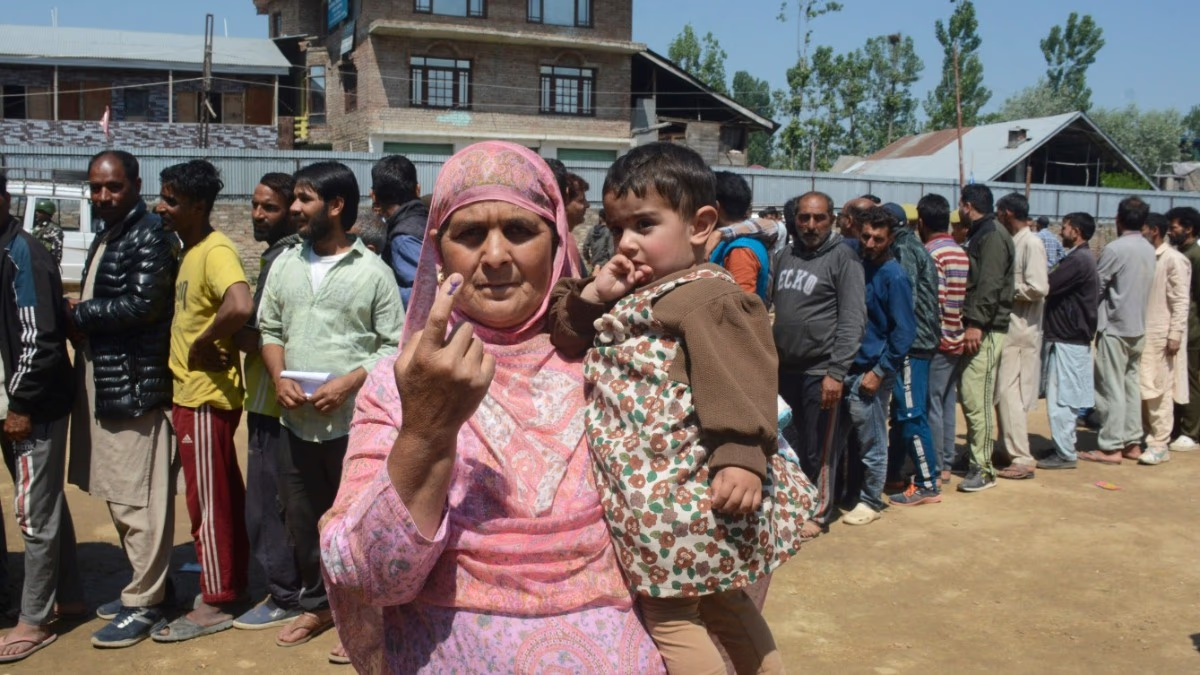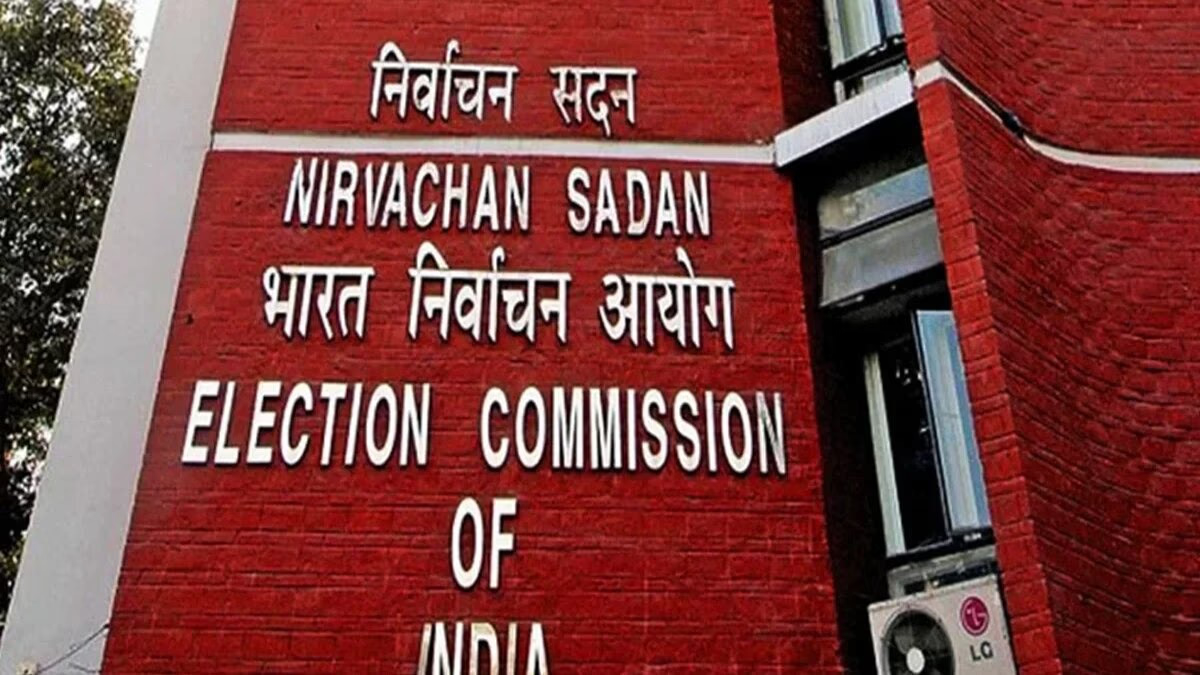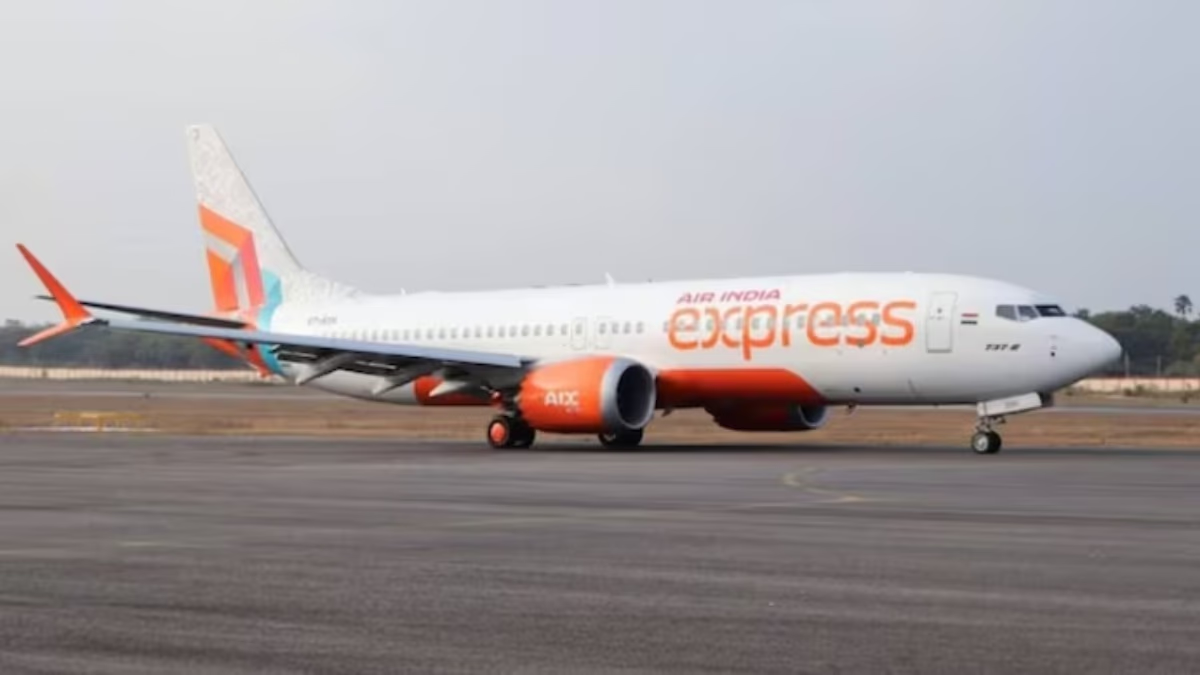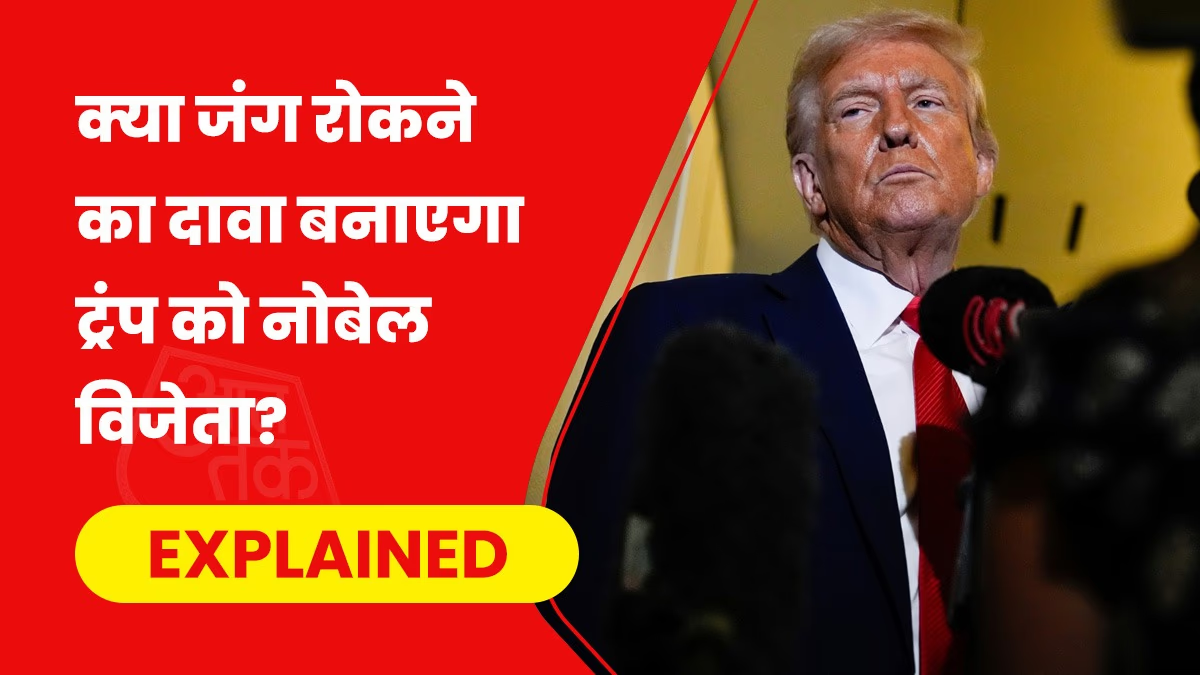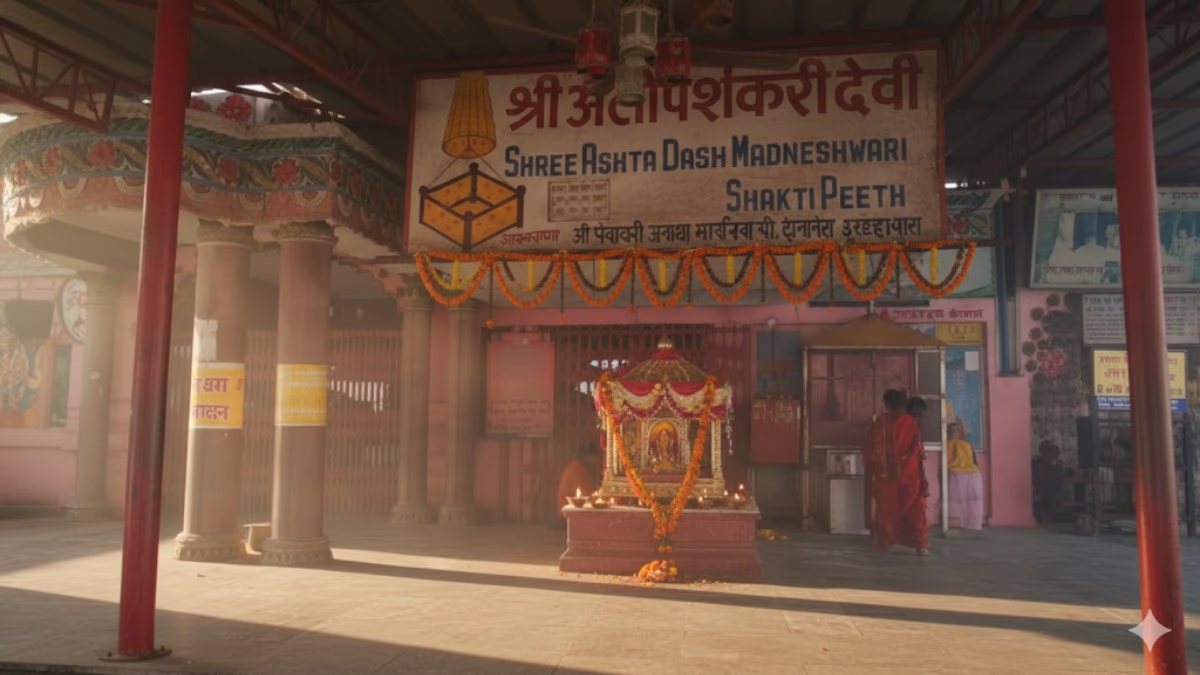The first phase of the Assembly elections in Jammu and Kashmir is taking place today. Voting will be conducted on Wednesday for 24 Assembly seats in the state: 16 in Kashmir and 8 in Jammu. Today, four districts in southern Kashmir—Pulwama, Shopian, Anantnag, and Kulgam—will vote. Meanwhile, three remote hilly districts in Jammu will also participate: Doda, Kishtwar, and Ramban.
Voting for the Assembly elections, happening after 10 years in the state, will start at 7 AM and finish at 6 PM. For the first phase, stringent security measures have been placed. The Election Commission has made special arrangements for displaced Kashmiri Pandits, setting up special polling centers in Delhi, Jammu, and Udhampur. Specifically, four centers have been set up in Delhi, 19 in Jammu, and one in Udhampur.
Voting in 24 Seats Across 7 Districts
On Wednesday, voting will take place in 24 Assembly areas across seven districts to decide the fate of 219 candidates.
Article 370 Still an Emotional Issue in the State
People in Jammu and Kashmir, especially in the Kashmir Valley, remain distressed over the abrogation of Article 370. While they have not yet agreed with the manner in which the special status was revoked, the topic continues to be an emotional issue in state elections. Regional political parties have highlighted this in their manifestos. For example, Engineer Rashid's entire campaign revolves around the restoration of Article 370, similar to the NC and PDP.
Challenges for Political Parties: Roads, Water, and Electricity
As with elections across the country, key issues in Jammu and Kashmir include improved roads, electricity, and water supply. However, unemployment and electricity shortage are two significant problems. The power supply, especially in winter, is a major crisis for residents. When temperatures dip below zero, long power cuts exacerbate difficulties, affecting even the business community, and the problem worsens every year.
Locals are demanding the return of power projects managed by NHPC back to Jammu and Kashmir. Manifestos from both NC and PDP have included this demand. Additionally, widespread unemployment is another major issue. Every party's manifesto, including Congress, mentions the growing number of unemployed youth, with Congress claiming these numbers are the highest in 45 years.
Six Kashmiri Pandits Contesting in First Phase
In the first phase of elections, six candidates from the Kashmiri Pandit community are contesting. Sanjay Saraf is running from Anantnag on an LJSP ticket, BJP’s Veer Saraf, Apni Party’s MK Yogi, and independent Dilip Pandita are contesting from Shangus-Anantnag. Rosy Raina and Arun Raina are contesting from Rajpora and Pulwama for Republic Party of India and NCP, respectively. Approximately 23.27 lakh voters, including 5.66 lakh young voters, will decide the fate of 219 candidates in the first phase.
PDP president Mehbooba Mufti’s daughter Iltija Mufti (37) is contesting from Shrigufwara-Bijbehara, AICC General Secretary and two-time minister Ghulam Ahmed Mir from Doru, four-time legislator and veteran CPI(M) leader MY Tarigami from Kulgam, former minister and Congress leader Peerzada Sayeed from Anantnag, and NC's Sakina Itoo from Damhal Hanjipora.
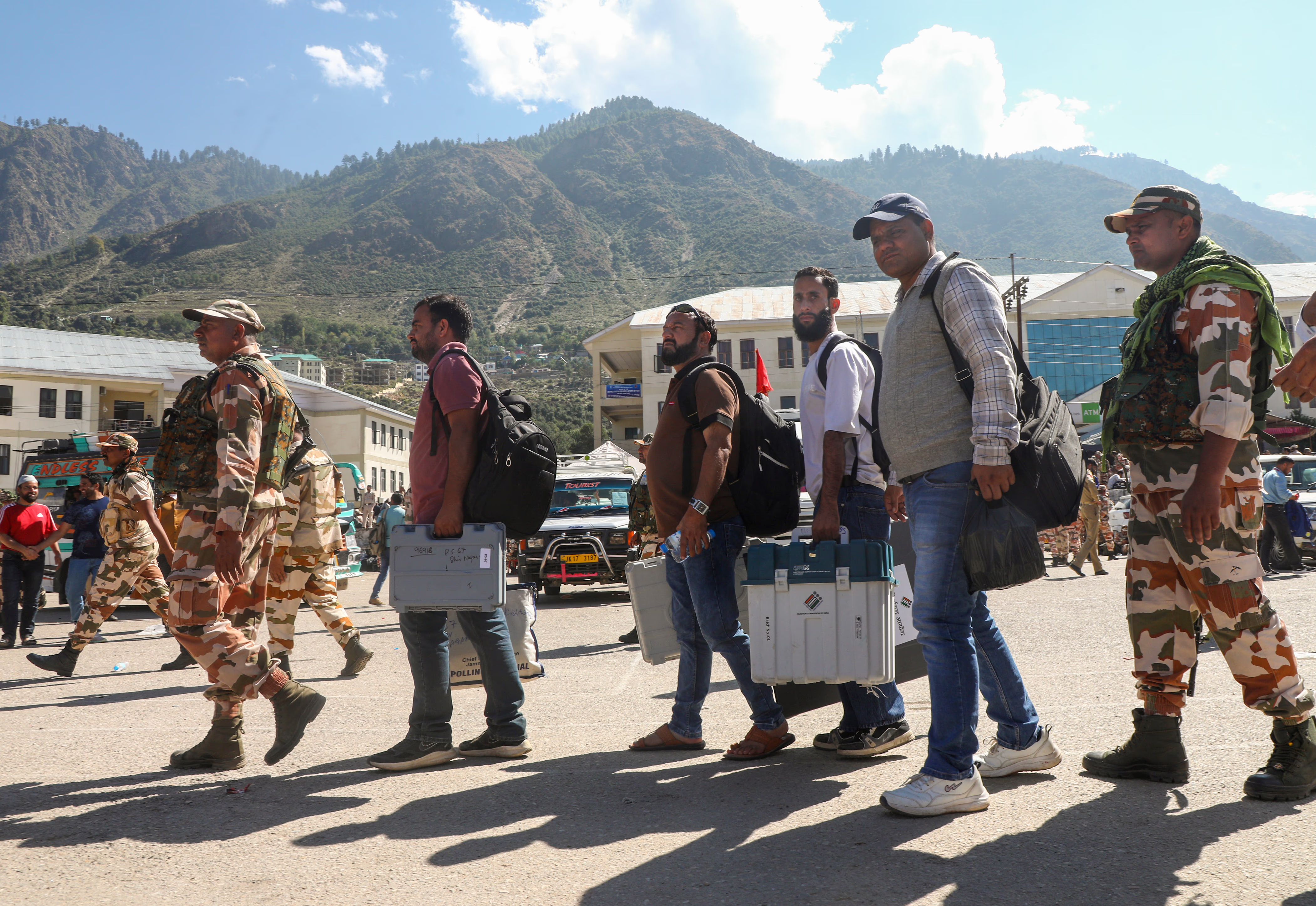
Source: aajtak
First Phase Critical
Experts believe that the first phase will set the tone for the entire election in Jammu and Kashmir. With over 23 lakh voters, including 1.23 lakh young voters (ages 18-19), political parties are ramping up efforts to gain support.
Upcoming Voting Dates: 25th and 1st
The elections in Jammu and Kashmir will be conducted in three phases. The first phase is on September 18, the second on September 25, and the third phase on October 1. Results for all phases will be announced on October 8. Thirteen major parties are competing for a majority in the 90-seat Assembly. Key regional parties like PDP led by Mehbooba Mufti and the National Conference led by Omar Abdullah are prominently in the fray. The National Conference has also allied with India's main opposition party, Congress, while BJP maintains a strong base in Jammu.
The Political Landscape Has Changed Significantly
Since 2019, there have been significant changes in Jammu and Kashmir. The abrogation of Article 370 ended the state's special status, leading to its reorganization into two Union Territories, which has greatly impacted the political scenario. Delimitation has reshaped boundaries, and reservation policies for scheduled castes and tribes have also changed.
The First Phase Reflects a Tense Political Atmosphere
The first phase of elections in Jammu and Kashmir underscores a tense political environment with candidates withdrawing, a gender gap, and stiff competition among major regional parties. Despite these challenges, the growing voter turnout points to progress in democracy.
